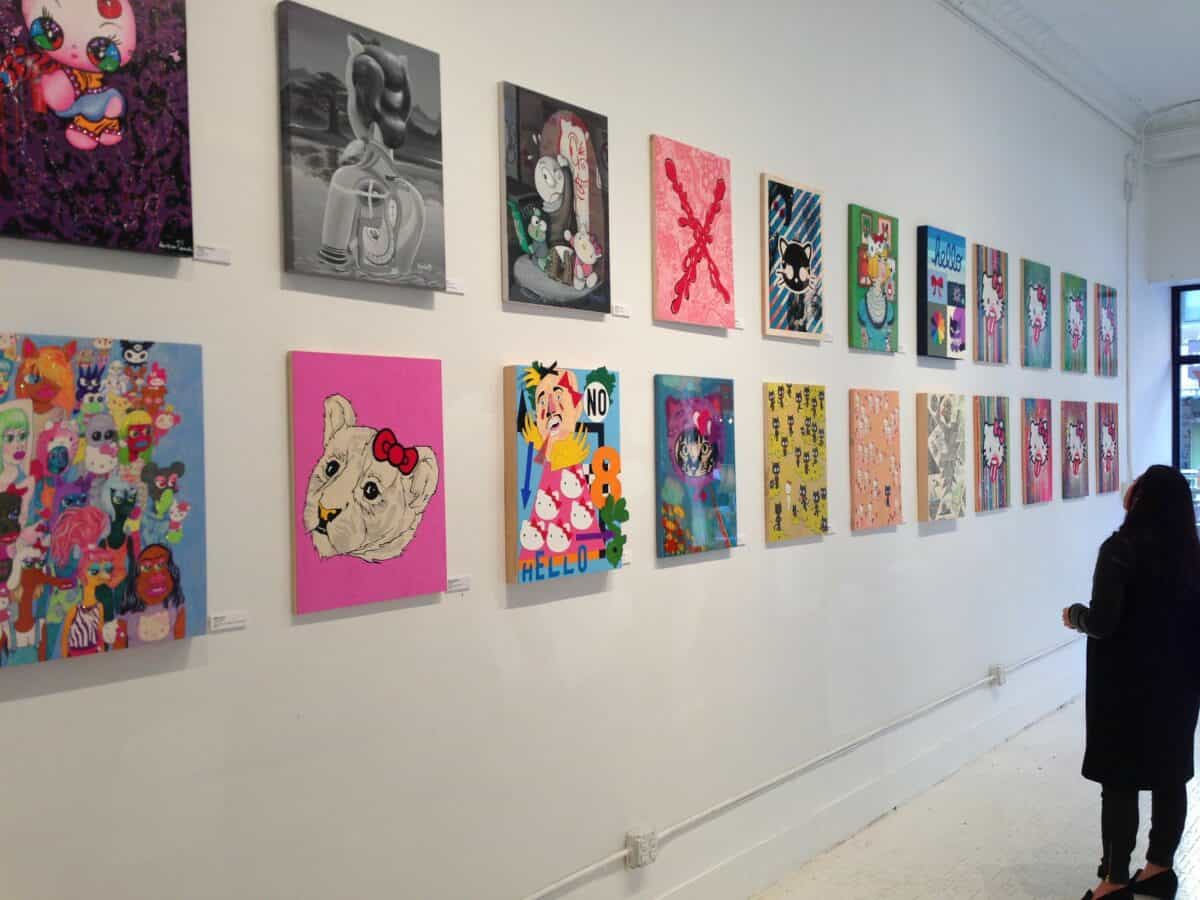
We’ve all heard the expression “Everyone’s a critic these days” and, unfortunately, the preponderance of online review sites has made this truer than ever. While the opinions expressed on them are generally best ignored, or at least treated with some scepticism, there are wider questions to be asked about other more “legitimate” forms of criticism. Nowhere is this more evident than in the art world.
After all, how often have you read a five-star review of a show only to go and find the work on display distinctly underwhelming? Or maybe you’ve taken a chance on an exhibition panned by the critics and found the visit a very moving and inspirational experience.
But even some critics themselves are prepared to admit to their own mistakes. Because the fact of the matter is that the appreciation of art can be an intensely personal and subjective experience. You could argue that the same is true of everything from movies to TV shows and literature to music. But art has an extra element, and that is the never-ending search for the novel and the remarkable.
Collectors also have a role to play in this too, with perhaps the best modern example being the influence of the ex-adman Charles Saatchi. He singlehandedly created the phenomenon of the Young British Artists catapulting the likes of Tracey Emin, Damien Hirst, Chris Ofili and Sarah Lucas into the public eye.

The result was the now legendary 1997 Sensation exhibition at the Royal Academy that showcased the work of the artists who had been introduced to sudden success, and considerable wealth, by their patron. But there were plenty of sceptics at the time, and it’s also worth remembering that not only did it receive many scathing reviews, particularly in the popular press, it also led to several members of the RA’s board to hand in their resignations in protest.
Some of the artists featured have gone on to be major figures in the art world, while others have never been heard of again. This brings us back to the fact that subjectivity is at the heart of art reviews and the fact that it takes more than the opinion of one critic to make a career.
How different this is from other more definite areas in the world. For example, in the field of entertainment a stand-up comedian can be judged by the simple criterion of whether he or she makes the audience laugh or not or whether an opera singer delivers a truly moving performance. Turning to the arena of sport, a team either performs well or badly. And in the sportsbooks that fans use to bet on them, the same hard and fast criteria are used on leading review sites. One only has to look at a section on their site for Louisiana reviews as only one example to see this in action. The options are clearly laid out, with bonuses for using the particular operator clearly explained.
But art isn’t sport, so we just have to work with this subjectivity. And, if there is any advice, then it must be to find a critic with whose views you broadly agree, having visited some of the same shows. It’s not infallible, but it’s probably the best we’re going to manage at the moment.



